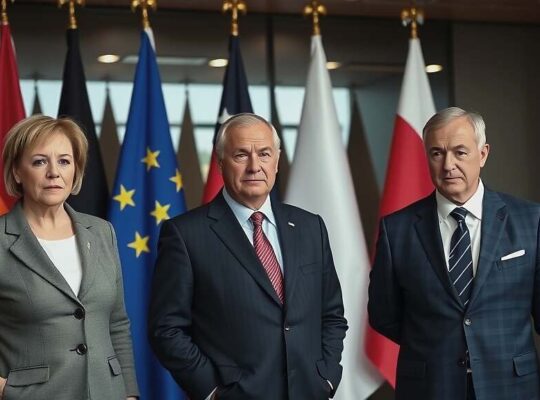A deepening rift is emerging between German financial institutions and the European Central Bank (ECB) regarding the proposed digital Euro, escalating concerns over its feasibility, cost and purported benefits. Ulrich Reuter, President of the Sparkassen association, has publicly criticized the project as a “politically charged grand project with many promises, but so far without convincing impact” highlighting its perceived bureaucratic complexity and substantial financial risks in an interview with Handelsblatt.
Reuter’s assessment suggests a growing resistance from within the German banking sector, echoing anxieties about the digital Euro’s utility and its potential to undermine genuine advancements in digital finance. He argued that citizens are seeking practical solutions, not elaborate political initiatives whose value remains elusive even to experts, questioning the project’s capacity to bolster Europe’s digital sovereignty as intended.
Similar reservations were voiced by Tanja Müller-Ziegler, board member at the Genossenschaftsverband BVR, who cautioned against the potentially crippling costs associated with the digital Euro’s rollout. She warned that these expenses could further delay ECB profit distributions to national governments, channeled through the Bundesbank, ultimately burdening taxpayers.
The increasingly vocal dissent signals a significant intensification of the long-simmering conflict between German lenders and the ECB. The central bank remains committed to progressing with the digital Euro for retail customers, with an ambitious target for introduction in 2029. However, the project faces a critical hurdle: the need for a comprehensive legal framework at the EU level, a process requiring political consensus. The banking sector is now actively lobbying for political oversight, demanding that policymakers impose stricter limitations on the scope and direction of the ECB’s digital currency initiative. The debate underscores a fundamental disagreement on priorities – innovation versus fiscal responsibility – and raises questions about the true political and economic drivers behind Europe’s nascent digital currency ambitions.












